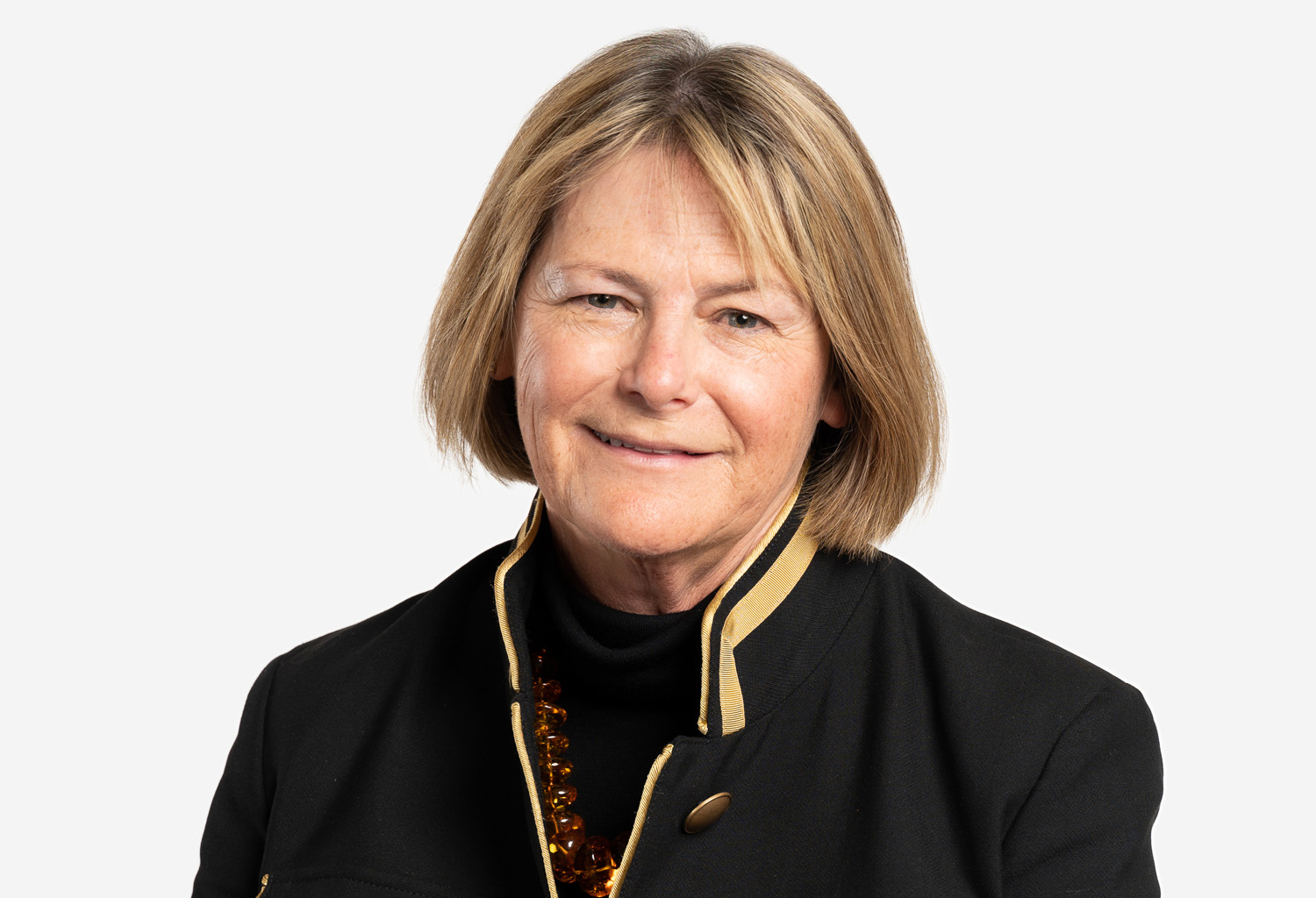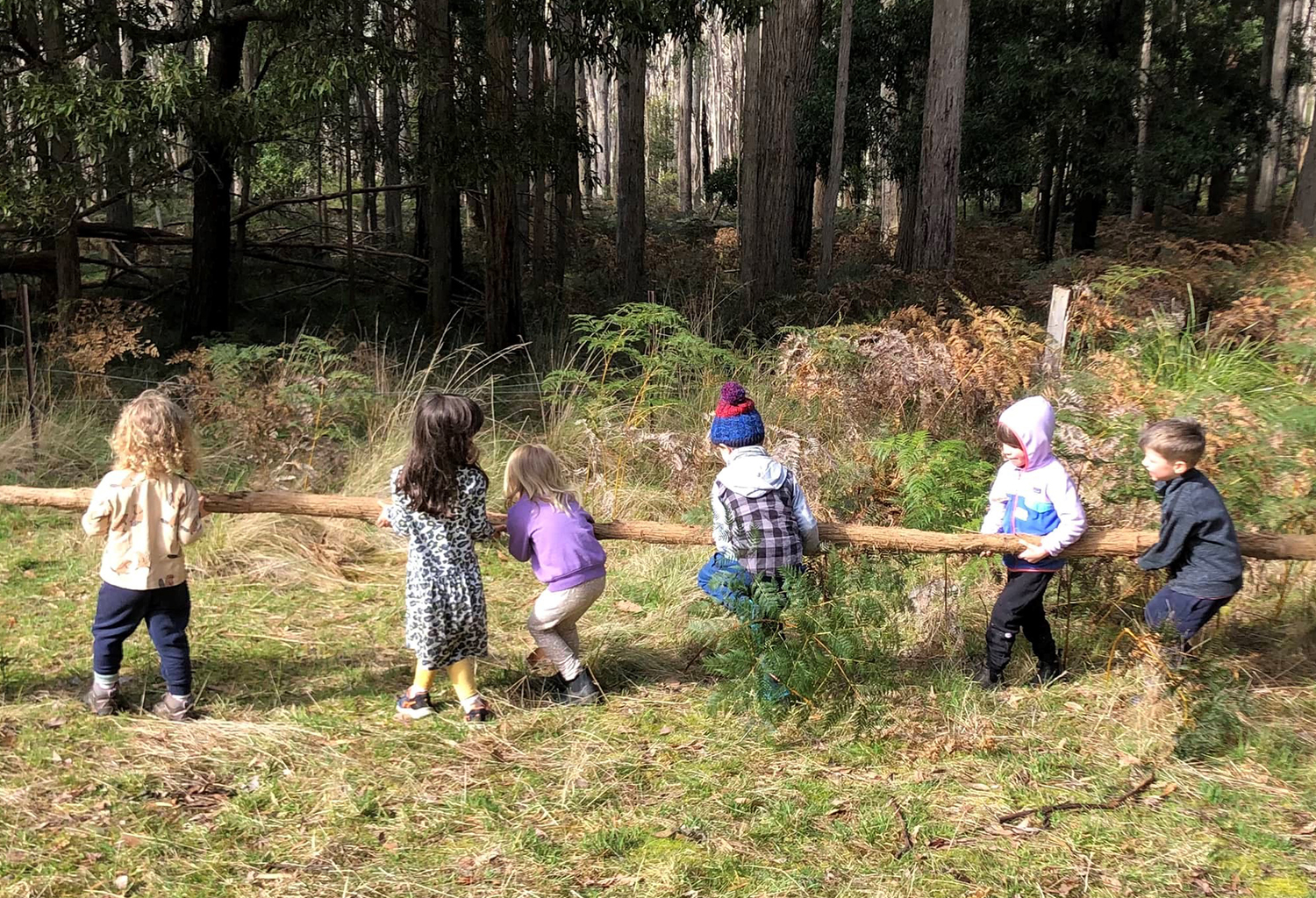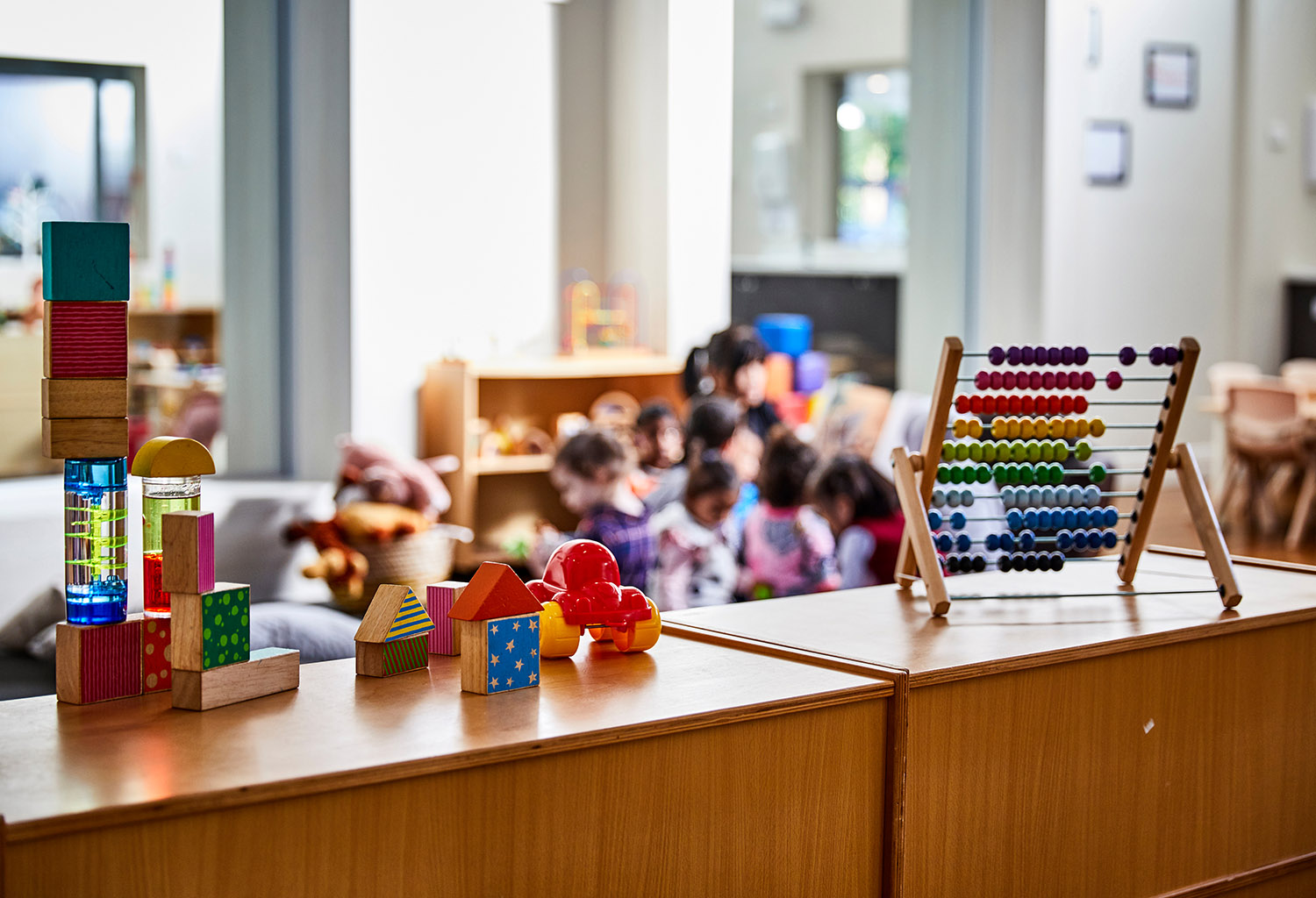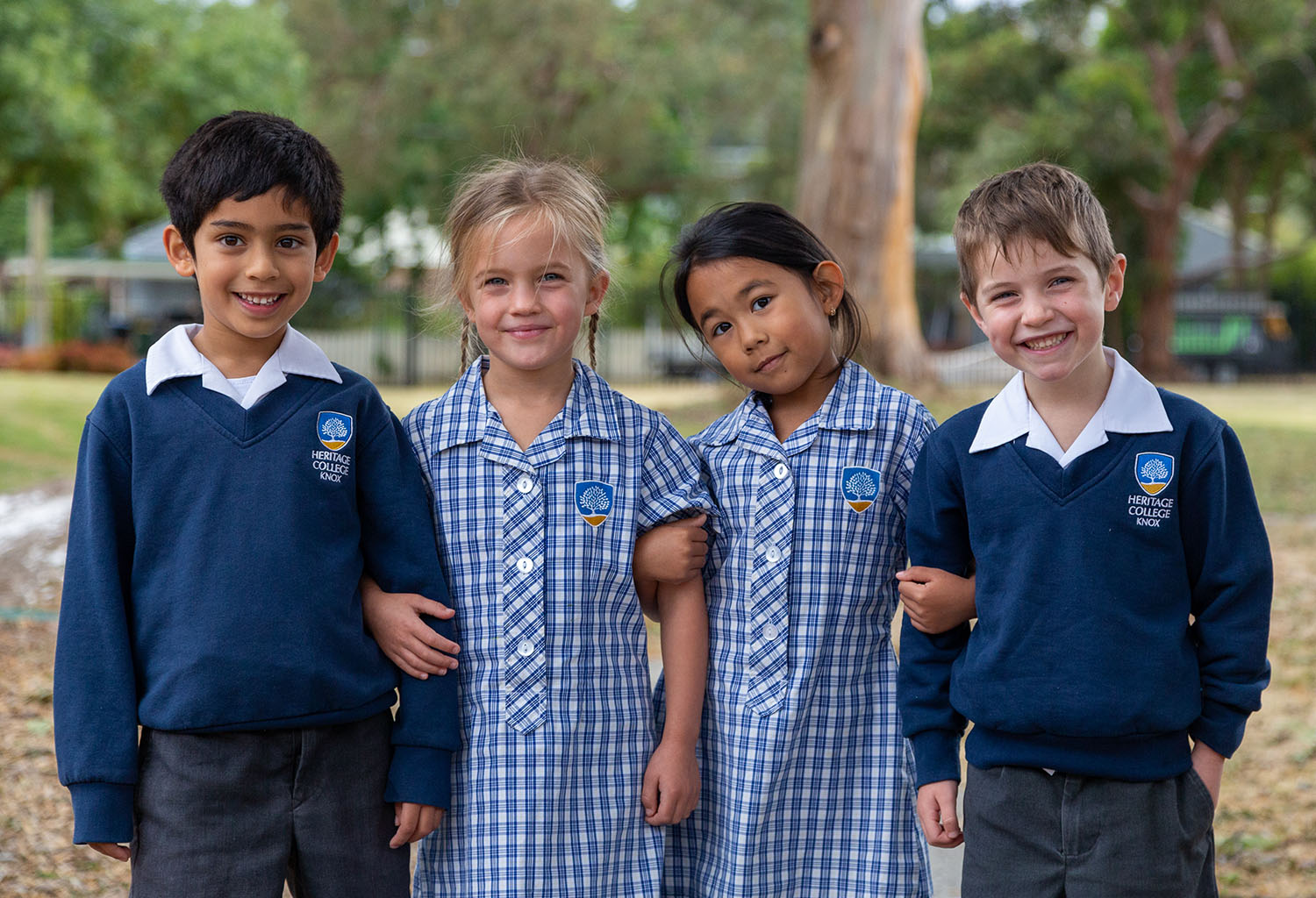The kids are all right? Don’t bet on it

3 min read
The growing incidence of gambling by young people, including school students, is an issue of serious concern to all schools and parents.
It’s the time of year when families across Victoria come together to celebrate the Melbourne Cup, held every year on the second Tuesday of November. In the lead-up to the event, classrooms will cut the names of horses from newspapers and draw them from hats. Workplaces will do much the same (though perhaps with a spreadsheet). Many parents, even some who normally eschew gambling, will buy their children a bet on a favourite. It’s only once a year, after all. It’s a tradition of sorts.
For many older Victorians, the Melbourne Cup was the only exposure they had to gambling as children. If you wanted to place a bet yourself, you had to be 18, go to a gambling venue when it was open (hardly the most enticing of places) and line up for a ticket.
Today, all you need to do is link your bank account to an online betting agency on your smartphone, and you are good to go. While you still need to be 18 to gamble, young people have ways of getting around the safeguards put in place to protect them.
And it’s hardly surprising that they do, given the daily barrage of gambling promotion they face.
More than 1 million gambling ads aired on free-to-air TV in the year to April 2023. Along with the proliferation of gambling apps and digital games with gambling-related elements, they have normalised gambling in the eyes of children.
Young people, starting in their primary school years, are increasingly accepting gambling as an everyday part of their lives – something they can ‘do with their mates’. Schoolyard discussions about the football are becoming less about how a favourite player ‘kicked three goals in the second’, and more how their missing the fourth ‘ended up costing my brother his multi’. An interest in the odds has become an intrinsic part of their passion for the game.
“The current generation of young people is the ‘first who’ve grown up with these pervasive levels of gambling advertising and we’re starting to see some of the effects’.”
— Mark Riddiford, Victorian Responsible Gambling Foundation (VRGF)
As Mark Riddiford from the Victorian Responsible Gambling Foundation (VRGF) recently told isPodcast, the current generation of young people is the ‘first who’ve grown up with these pervasive levels of gambling advertising and we’re starting to see some of the effects’. He cites a 2018-19 study which shows a ‘third of Victorian sports betters are young men aged between 18 and 24, and the participation among young women is rising as well’.
This has led to calls for greater regulation, including from principals of Independent schools, as well as education for students and their parents about the real harm gambling can inflict on our young people.
ISV provides Member Schools with a wide range of information, advice and resources relating to student wellbeing, including in the areas of gambling and gaming. This support includes sharing with schools resources from the VRGF school education program and the eSafety Commissioner.
But it’s clear from the proliferation of gambling in society that this is not an issue schools can tackle on their own – it’s a community-wide problem which requires a coordinated response, including from governments. Otherwise, we risk raising a generation of problem gamblers.
Michelle Green was Chief Executive of Independent Schools Victoria from 2002–2023.



